La faiseuse d’anges (the angel maker) – a play against oppressive patriarchy and for women’s emancipation
November 2025
„La faiseuse d’anges“ by Nathalie Hounvo Yêkpé is a moving play that deals with illegal abortions, rape, the complexity of human relationships, the search for oneself, the impact of the past on the present, and the difficult decisions that women face in today’s African societies.
In November 2025, director and actress Cybelline de Souza brought this play to the stage with emotional intensity and psychological depth, with the help of actors Carlos Zinsou, Reine N’Déyéli, Samuel Messerli and Happy Sossou. The scenography of the play is based on a purist, almost surgical space in which every movement, no matter how small, leaves a crack in reality. The result is a theatrical evening in which not only the words play an important role, but also everything that is left unsaid and pulsates beneath the surface: fear, courage, transmission, resistance.
The theatre project „La faiseuse d’anges“ and its dissemination were made possible thanks to the support of the Fondation Oumou Dilly, whose commitment to the performing arts and women’s voices enabled this work to take shape and reach its audience. Their support provided the necessary space for an important message, a message that disturbs, that shakes things up and, above all, paves the way to liberation.
This production by Cybelline de Souza is an ode to those who have remained silent for too long. An invitation to face what society would rather forget. And in the darkness of the stage, a promise: that every truth spoken, every gesture made, contributes to reinventing a more just future.
« La Faiseuse d’Anges » de Nathalie Hounvo Yêkpé est une pièce de théâtre poignante qui aborde les thèmes de l’avortement illégal, du viol, de la complexité des relations humaines, de la recherche de soi, des répercussions du passé sur le présent et des choix difficiles auxquels sont confrontées les femmes dans les sociétés africaines actuelles.
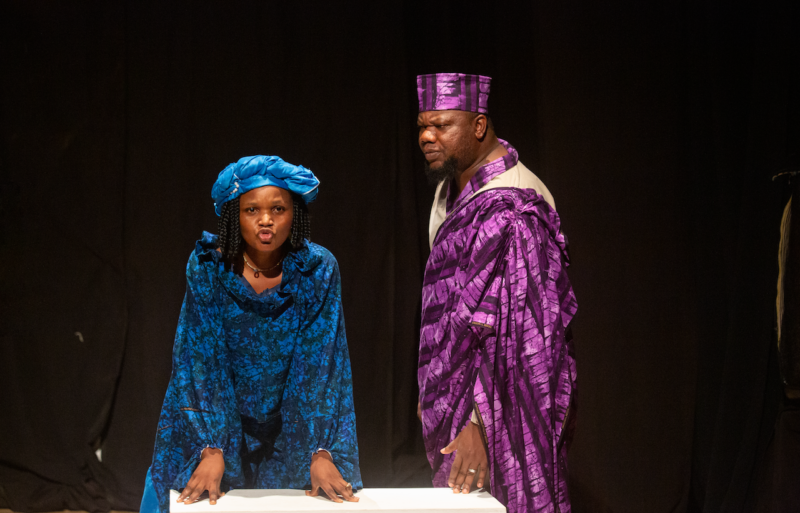
En novembre 2025, la metteuse en scène et comédienne Cybelline de Souza a présenté cette pièce avec une intensité émotionnelle et une profondeur psychologique exceptionnelles, avec l’aide des comédiens Carlos Zinsou, Reine N’Déyéli, Samuel Messerli et Happy Sossou. La scénographie de la pièce repose sur un espace puriste, presque chirurgical, dans lequel chaque mouvement, aussi infime soit-il, laisse une fissure dans la réalité. Il en résulte une soirée théâtrale où non seulement les mots jouent un rôle important, mais aussi tout ce qui n’est pas dit et qui vibre en arrière-plan : la peur, le courage, la transmission, la résistance.
Le projet théâtral « La faiseuse d’anges » et sa diffusion ont été rendus possibles grâce au soutien décisif de la Fondation Oumou Dilly, dont l’engagement en faveur des arts du spectacle et de la voix des femmes a permis à cette œuvre de prendre forme et de toucher le public. Son soutien a offert l’espace nécessaire à un message important, un message qui dérange, qui secoue et surtout qui ouvre la voie à la libération.
Cette mise en scène de Cybelline de Souza est une ode à celles qui ont trop longtemps gardé le silence. Une invitation à affronter ce que la société préférerait oublier. Et dans l’obscurité de la scène, une promesse : que chaque vérité dite, chaque geste accompli contribue à réinventer un avenir plus juste.


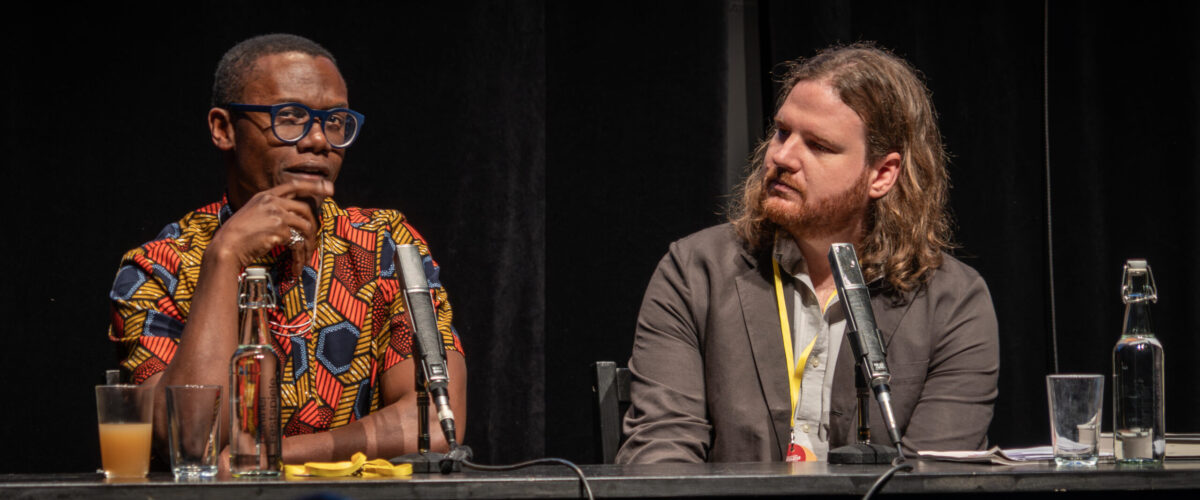
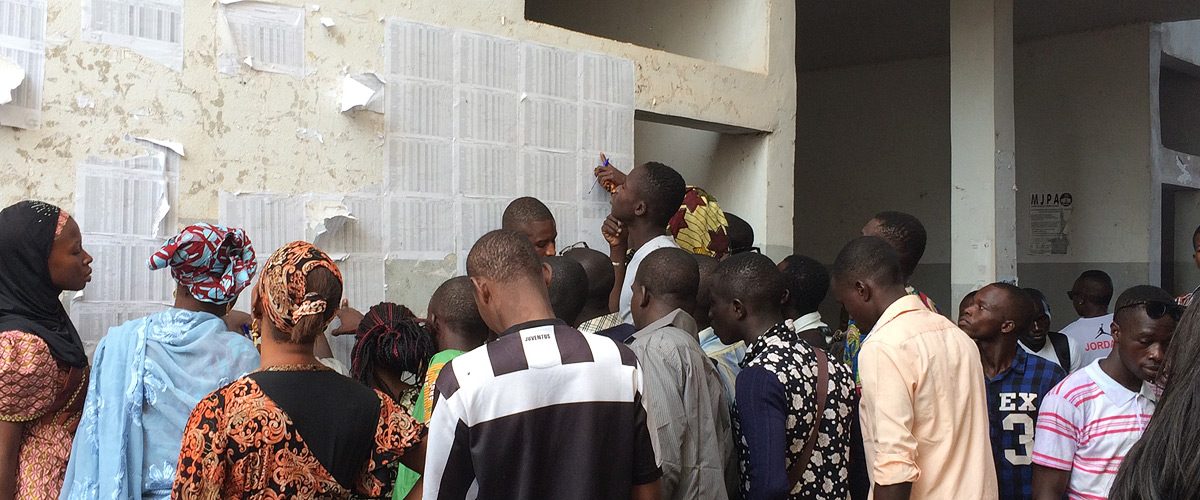
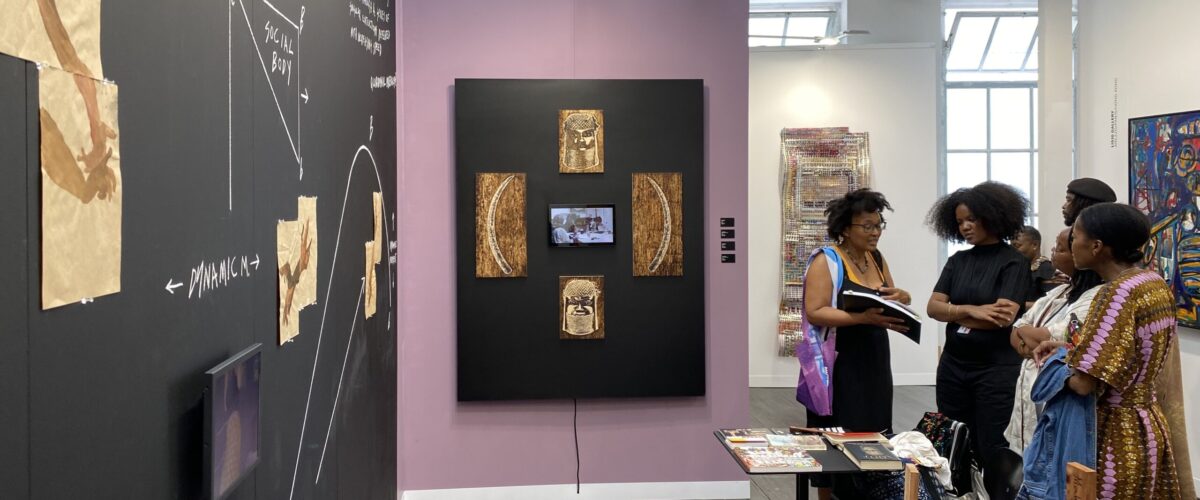
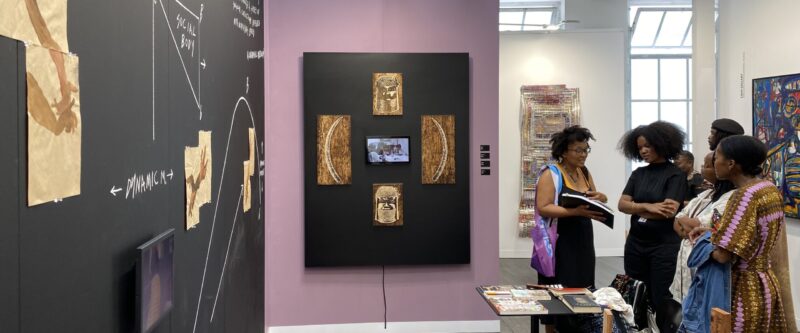


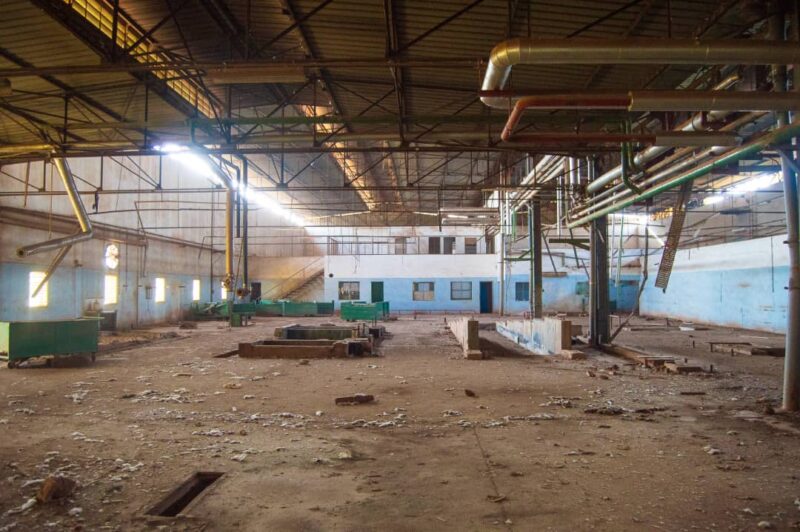
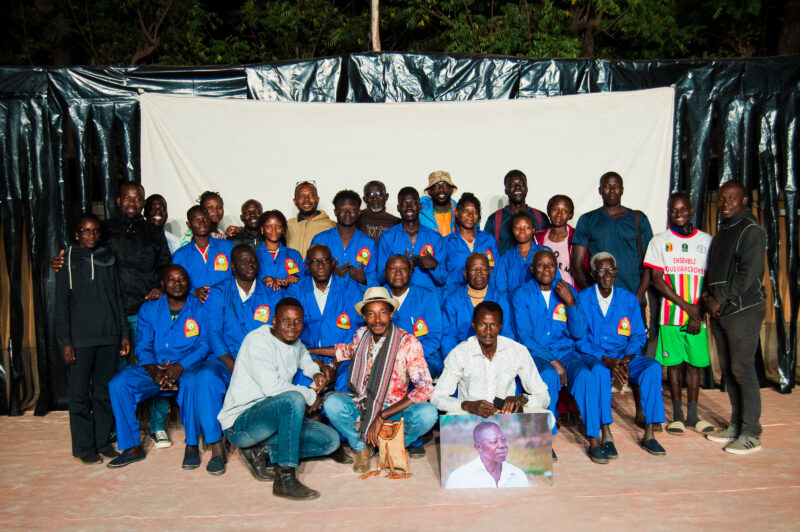
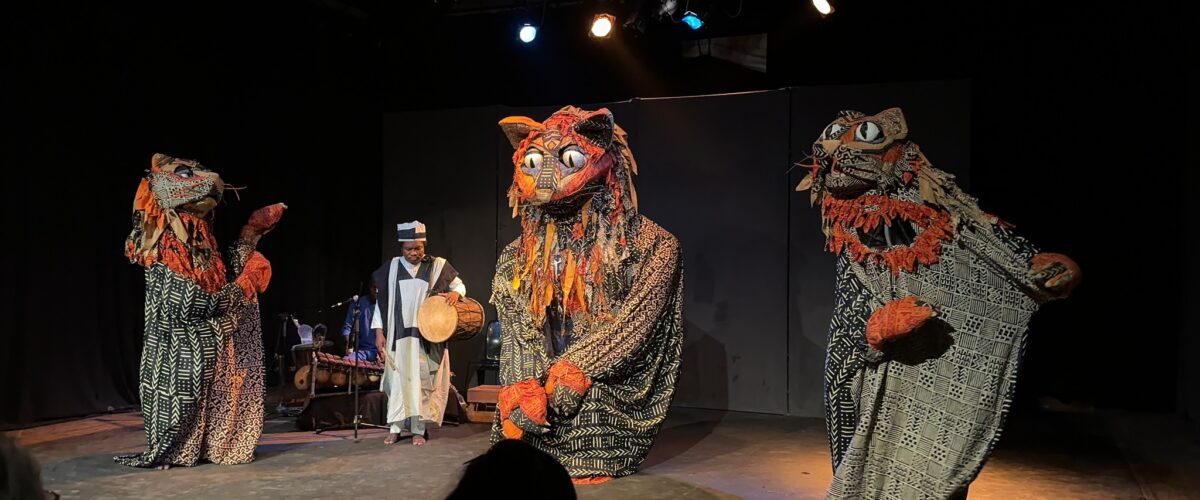
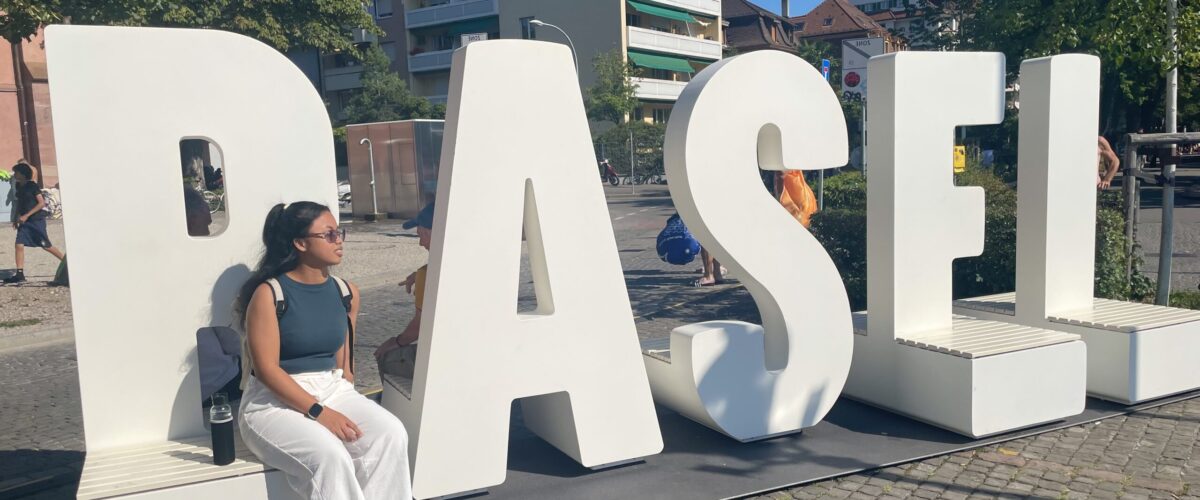

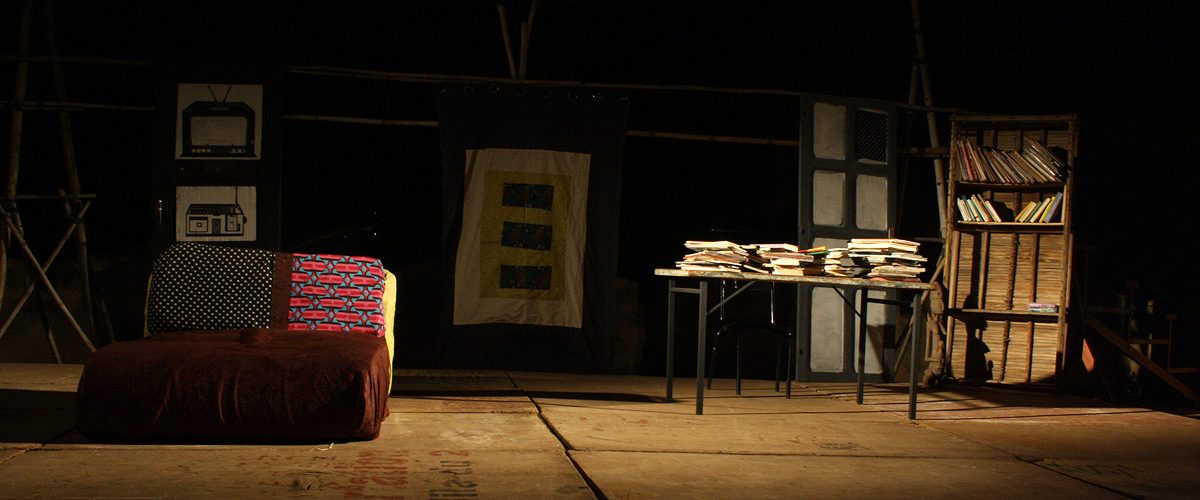

 Ouagadougou, qui prépare actuellement un Master of Arts en théâtre à l’ Accademia Dimitri de Verscio en Suisse.
Ouagadougou, qui prépare actuellement un Master of Arts en théâtre à l’ Accademia Dimitri de Verscio en Suisse.